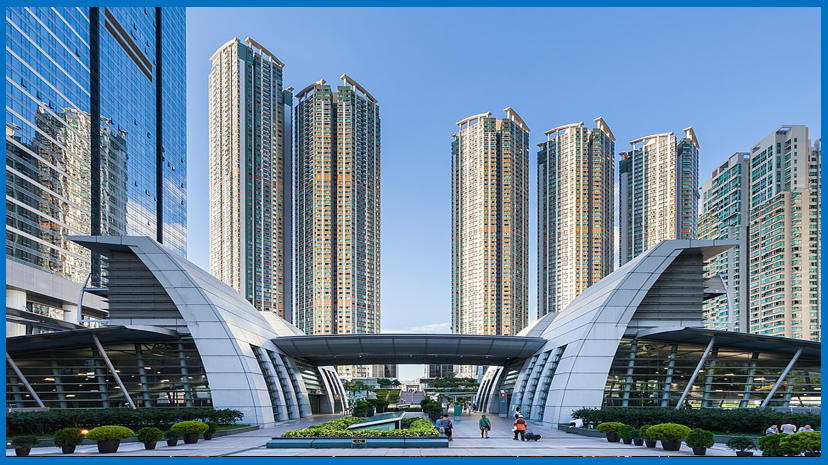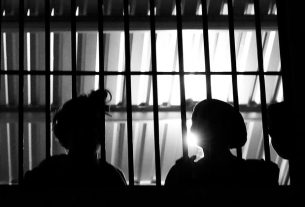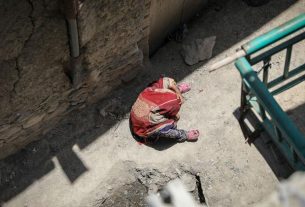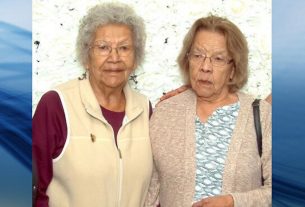Human Rights Watch (HRW) has condemned the dismantling of civil liberties in Hong Kong since the introduction of China’s National Security Law on June 30, 2020. In a statement released Sunday, the organization criticized Beijing’s continued pressure on the region, warning of a profound deterioration in political and civil freedoms.
“In just five years, the Chinese government has extinguished Hong Kong’s political and civil vibrancy and replaced it with the uniformity of enforced patriotism,” said Maya Wang, Associate China Director at HRW. She urged the international community to press Beijing to end its repressive policies in the city.
The National Security Law, officially titled The Law of the People’s Republic of China on Safeguarding National Security in the Hong Kong Special Administrative Region, has been widely criticized for undermining freedoms of expression, association, assembly, and judicial fairness. Adopted in 2020 without legislative input from Hong Kong’s local institutions, the law grants sweeping powers to authorities and criminalizes broadly defined offenses such as “subversion,” “secession,” and “collusion with foreign forces.”
In 2024, the UK government and UN High Commissioner for Human Rights, Volker Türk, raised concerns over the law’s expanding scope and its chilling effect on democratic participation. Rights organizations have also called on governments, including Australia, to impose sanctions on officials involved in the suppression of civil liberties.
HRW warns that the law effectively restricts public roles to individuals loyal to the Chinese Communist Party. New legislation passed in June 2025 bars anyone convicted under national security charges from organizing a trade union. Throughout 2024, multiple activists were prosecuted under national security laws, with authorities issuing bounties against six pro-democracy figures and charging others for merely uttering “seditious words.”
A recent Amnesty International report found that 85% of concluded national security cases involved peaceful expression that should not have been criminalized under international standards. The report also noted that 89% of defendants in such cases were denied bail, despite prolonged pre-trial detentions.
These developments raise significant concerns under the International Covenant on Civil and Political Rights (ICCPR), to which Hong Kong is bound. Rights to expression (Article 19), peaceful assembly (Article 21), association (Article 22), and a fair trial (Article 14) may be restricted for national security, but rights groups assert that the current enforcement in Hong Kong falls well outside internationally accepted norms.
Excerpts from Matteo Piccioli article on jurist.com | Maastricht University Faculty of Law, Netherlands
Picture: Kowloon Station, Union Square Entrance, Hong Kong by Diego Delso Wikimedia



